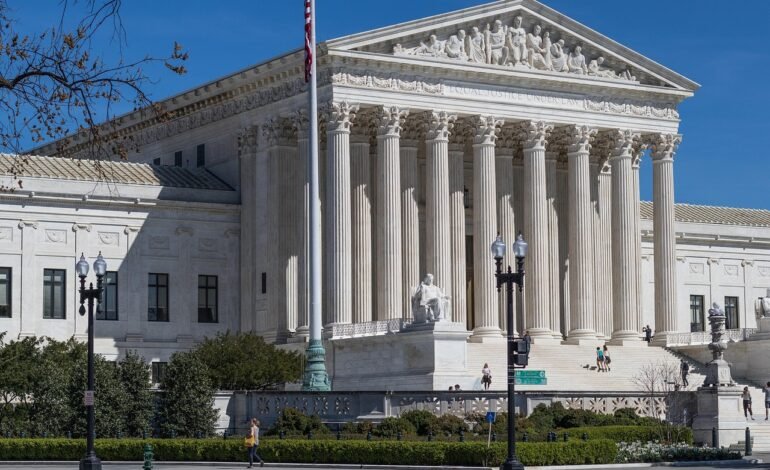Image by Pixabay
The participation of transgender athletes on school teams has sparked intense legal and social debate in the United States. Now, the issue will reach the Supreme Court in what is shaping up to be one of the most contentious civil rights battles in the country.
The Legal Fight Grows
The Supreme Court announced it will hear two cases involving state laws limiting the number of sports teams open to transgender students. One case comes from Idaho and the other from West Virginia, where laws prevent transgender girls and women from competing on women's teams.
These legal disputes are part of a broader national debate over the rights of transgender athletes, equity in women's sports, and the enforcement of anti-discrimination protections in schools.
More than 20 states have passed laws banning transgender women and girls from participating in certain sports, arguing that these measures ensure fairness for cisgender athletes. However, organizations like the ACLU (American Civil Liberties Union) assert that these policies discriminate against transgender youth and violate their constitutional rights.
Cases that Reach the Court
In West Virginia, Becky Pepper-Jackson, a 13-year-old girl who has identified as female since childhood and has been on puberty blockers, sued the state after being excluded from girls' teams. A court ruled in her favor, finding that the state ban violated her constitutional rights and Title IX, the federal law that prohibits sex discrimination in education.
This year, Pepper-Jackson participated in track and field, placing third in the discus throw and eighth in the shot put at the state championships.
Idaho, for its part, became the first state to ban transgender women and girls from participating in women's teams at public schools and universities in 2020. The ACLU filed a lawsuit on behalf of Lindsay Hecox, a transgender woman who wanted to compete at Boise State University. Although the courts temporarily blocked the law, the state appealed, and the case will now go to the Supreme Court.
A third similar case in Arizona is still pending review.
The Case That Ignites National Debate
This issue is gaining momentum again just as the University of Pennsylvania agreed to amend its athletic records following a federal investigation into transgender swimmer Lia Thomas.
Thomas, who became the first transgender athlete to win an NCAA Division I swimming national title in 2022, sparked a heated debate about equity in the sport. The Department of Education concluded that Penn had harmed cisgender athletes by allowing Thomas to compete on the women's team.
As part of the settlement, the university will restore the titles and records of the affected cisgender athletes, send letters of apology, and adopt policies that define male and female gender based on biological sex.
What's Coming
The Supreme Court will hear cases from Idaho and West Virginia this fall, and its decisions could have implications for school sports and transgender rights across the country.
Opponents of state bans argue that they discriminate against transgender youth, denying them equal opportunities in education and sports. Proponents of the laws insist they protect cisgender athletes, arguing that physical differences after puberty put them at a disadvantage.
Both sides agree that upcoming decisions will be crucial in defining how Title IX applies to transgender students and for the future of transgender athletes' participation in school sports.
For more news like this, follow More Latin.
Sources:

